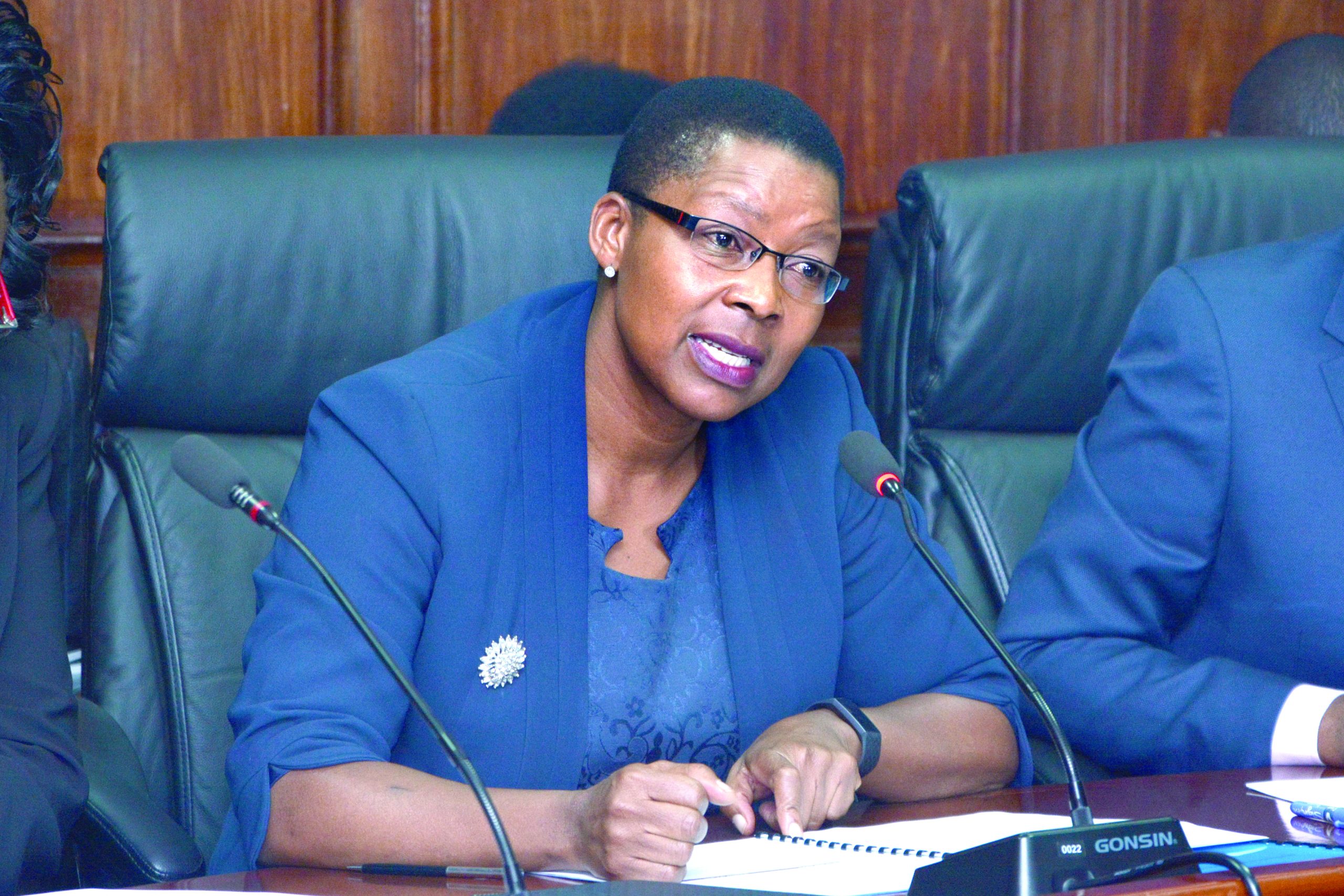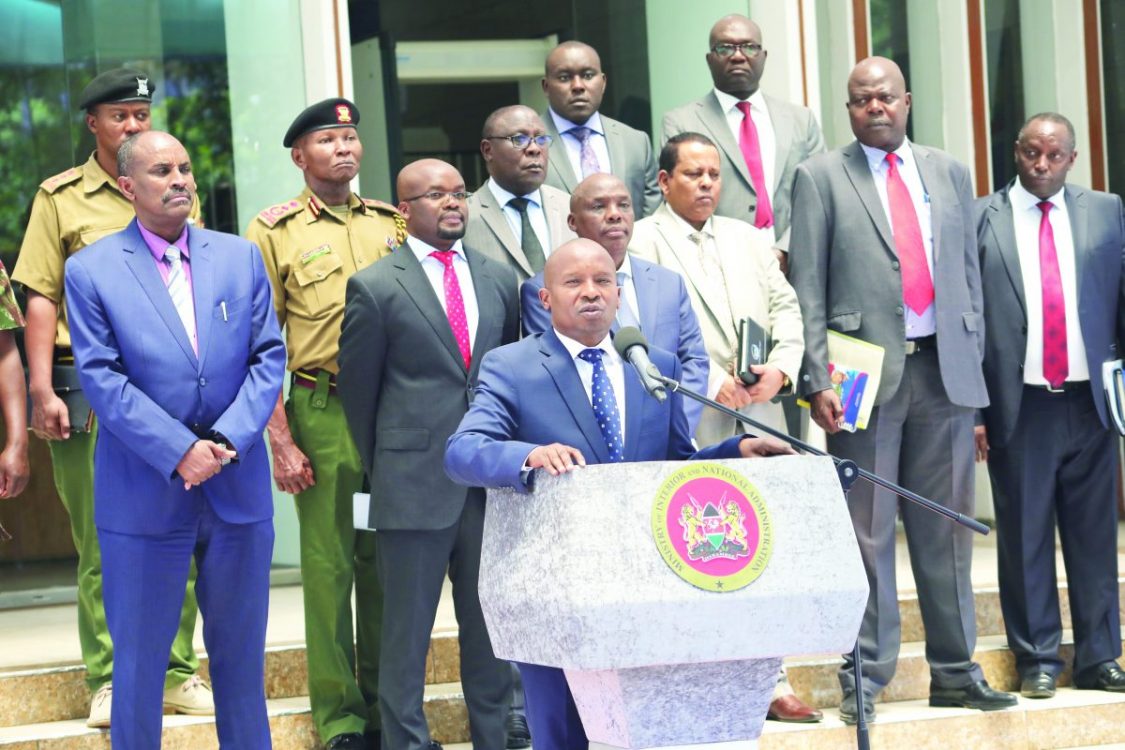Armed police squads to protect water resources
By Zadock.Aangira, January 31, 2023Water facilities are critical infrastructures that fall under the Protected Areas Act. As a result, the Interior Ministry has gazetted water infrastructure as part of critical resources and directed the deployment of 322 police officers to the newly-formed Water Police Unit (WPU).
The officers will provide armed security and protection to critical water facilities across the country.
They will be drawn from the Administration Police Service’s Critical Infrastructure Police Unit (CIPU) and will be deployed to 34 counties under the State Water Works Development agencies.
Interior CS Kithure Kindiki says the move has been necessitated by rampant destruction, vandalism and tampering with water resources.
Economic sabotage
Prof Kindiki adds that there have been previous attempts to vandalise such infrastructure for economic reasons, and attempts by criminals to access them in order to attack Kenya’s security.
“Any unauthorised access to water sources and infrastructure can cause great security risks to the country. The water sector, just like the energy sector, requires special protection from our security agencies. The same goes for critical corridors such as roads, railways and airports,” he notes.
You would not want to imagine what would happen to citizens if criminals were to access water reservoirs, dams and the entire infrastructure that brings water to our towns, villages and cities,” he explains.
The minister says some of the destruction was by contractors hired by the government to build roads and information communication technology (ICT) infrastructure.
Going forward, he states, Kenyans must familiarise themselves with the gazettement of this critical infrastructure and avoid accessing such places unless authorised to do so. “The same applies to electricity pylons and power lines — because access to these could plunge the country into crisis,” he notes.
Sh10.6 billion lost
On his part, Water and Sanitation Principal Secretary Paul Rono say the government is losing about Sh10.6 billion annually due to non-revenue of water resources, destruction of critical infrastructure, wrong metering and non-payment of bills.
Currently, the water coverage in Kenya is close to 70 per cent, with the government planning to invest in an additional 100 dams, 100 small dams and a number of boreholes.
“There is, therefore, a need to make sure that these projects, including irrigation infrastructure, are protected”, PS Rono explains.
He adds that the government has invested heavily in water over the years in terms of dams, pipelines, boreholes, metering and water pans.
“We’ll ensure this infrastructure is protected against vandalism, destruction and damage to ensure the government provides safe and adequate water — a basic human right”, PS Rono notes.
Enactment of the Water Act, of 2016, devolved national water supply and sanitation services to county governments, which run their own water services providers (WSPs).
Under this framework, the providers, who bank on the eight Water Works Development Agencies (WWDAs) to deliver on their mandate, will enhance a steady and safe supply of the precious commodity.
The framework will also avert the destruction of pipelines, water pumps, tanks, valves and wastewater manholes, among other infrastructure.
More Articles

